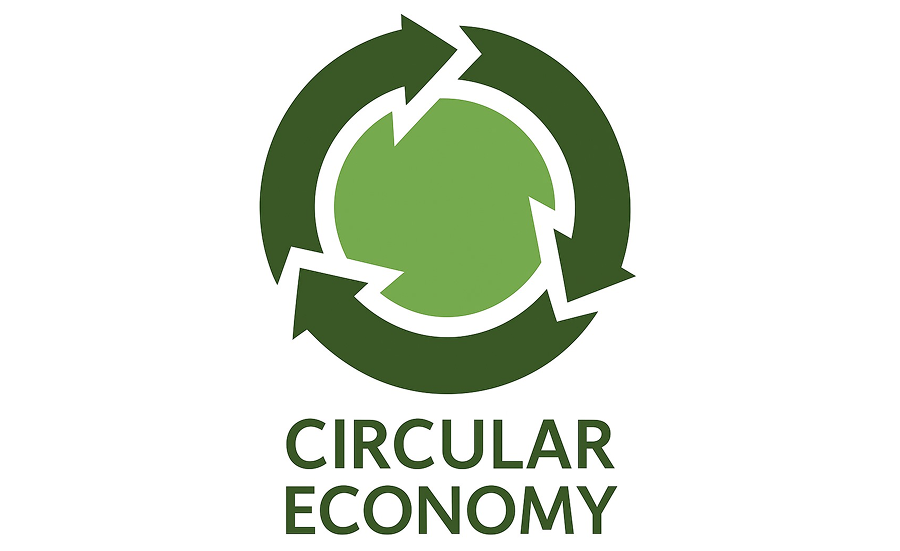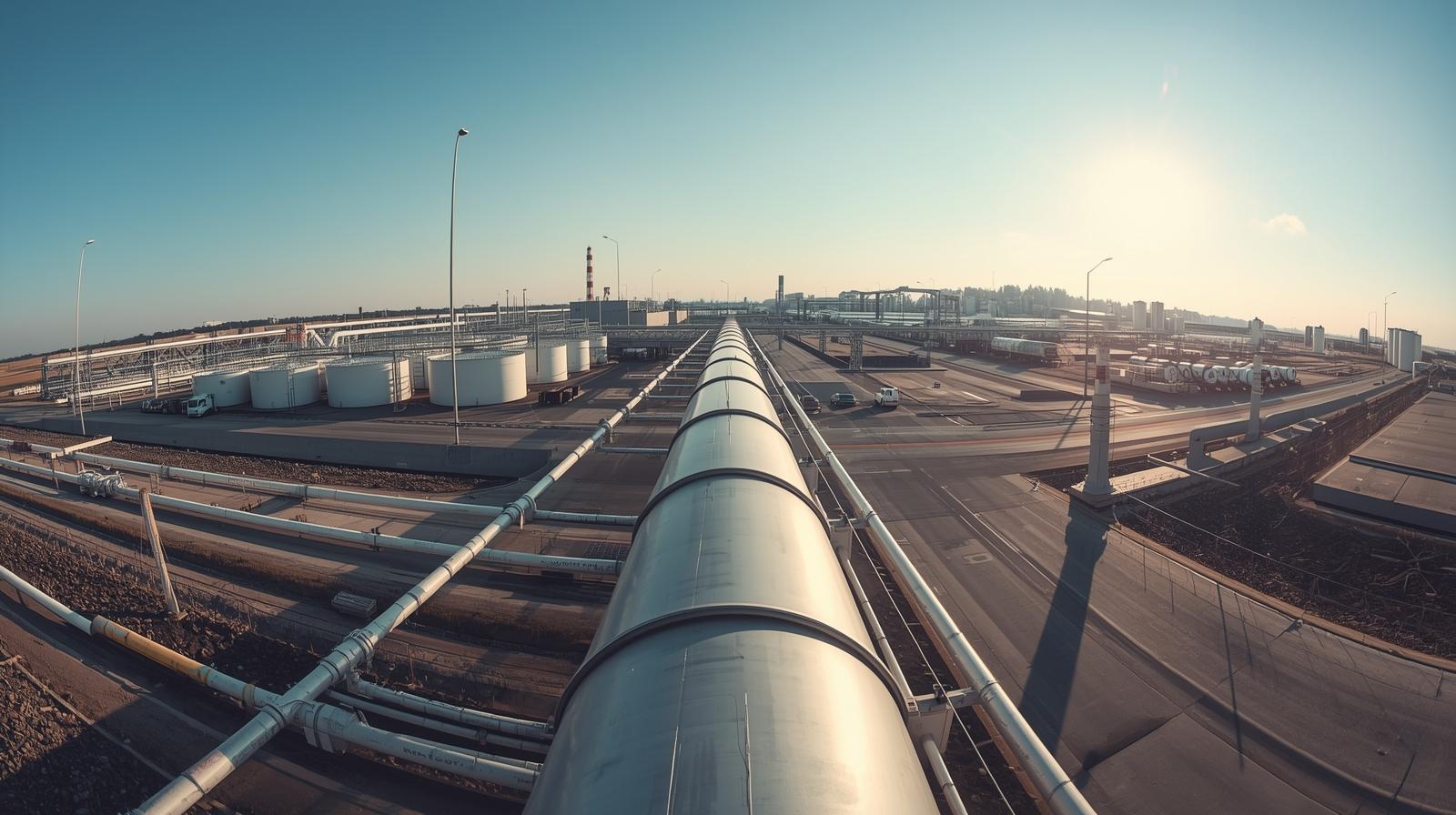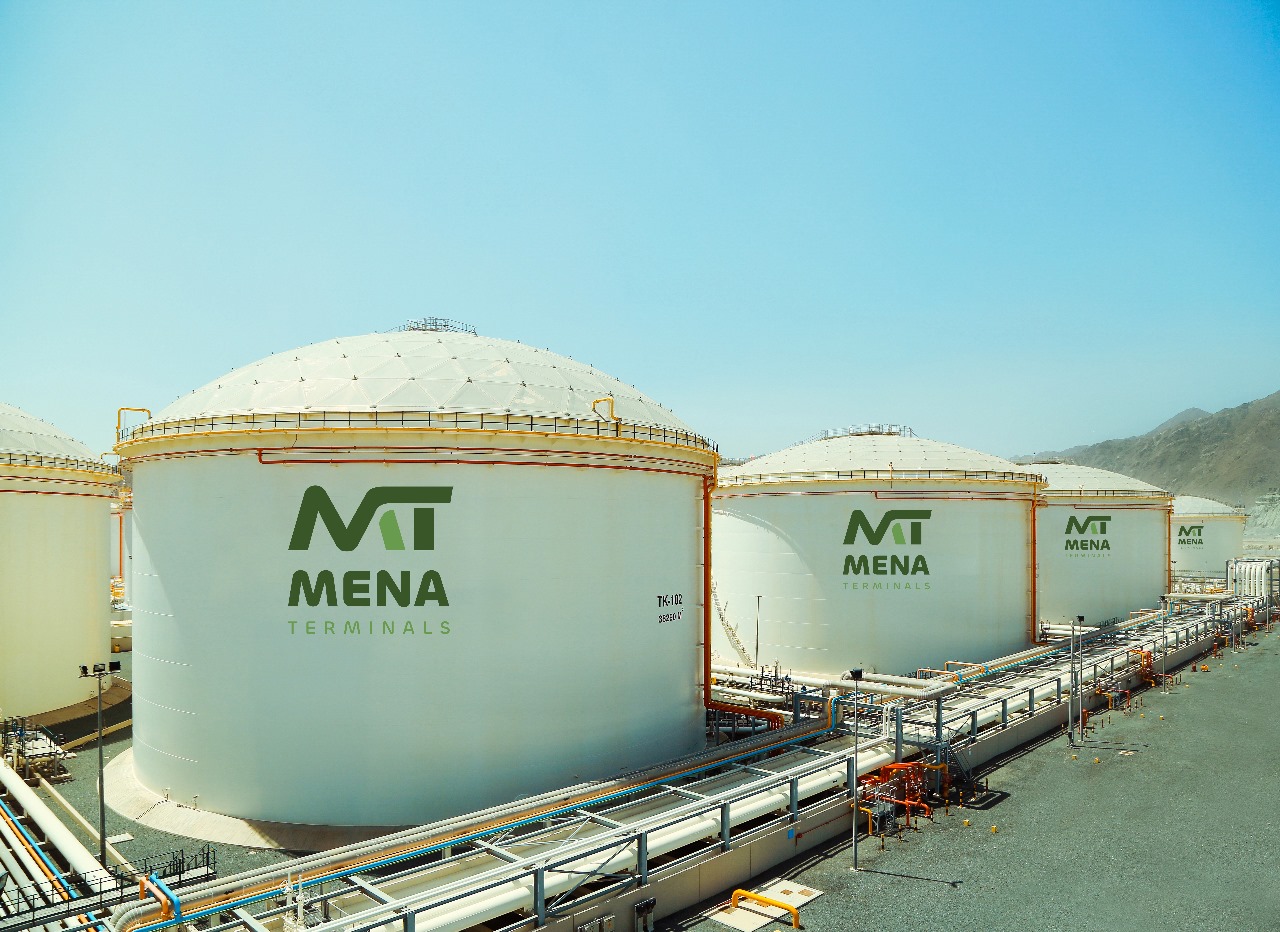Mercantile & Maritime (MM) is advancing its commitment to the global energy transition through strategic investments in sustainable fuels and low-carbon infrastructure. As part of this effort, the Group is developing one of the Middle East’s first large-scale Sustainable Aviation Fuel (SAF) production facilities in Fujairah’s Oil Industry Zone (FOIZ) through its subsidiary, MENA Biofuels. The project represents a significant milestone in supporting the UAE’s Sustainable Aviation Fuel Roadmap 2030 and Net Zero 2050 Vision.
Once operational, the facility will produce 125 million litres of SAF annually in its first phase, with plans to double capacity to 250 million litres in Phase II. By converting waste-based feedstocks such as used cooking oil into certified low-carbon jet fuel, MENA Biofuels will contribute between 18 and 36 percent of the UAE’s 2030 SAF target while positioning Fujairah as a regional hub for sustainable aviation solutions.
Through advanced feedstock sourcing, strategic partnerships, and integration with its logistics and terminal network, MM is building a fully integrated SAF value chain — from feedstock and refining to storage and offtake. This initiative reflects the Group’s broader mission to balance energy security with environmental responsibility and reinforces its role in shaping the next era of cleaner, more sustainable energy production.

At the core of the MENA Biofuels initiative is a commitment to the circular economy — transforming waste into a renewable energy source. The project will source used cooking oil (UCO) and other waste-based feedstocks from across the UAE and international markets, converting them into Sustainable Aviation Fuel (SAF) through advanced refining technology. This approach not only reduces carbon emissions but also diverts waste from landfills, creating a value chain that reuses everyday resources to power global aviation sustainably. By localizing feedstock collection and integrating it with MM’s logistics and terminal network, MENA Biofuels supports the UAE’s circular economy goals while ensuring long-term feedstock security and environmental stewardship.

The SAF initiative aligns directly with the UAE’s National SAF Roadmap, contributing up to 36% across of the country’s 2030 target. By leveraging MM’s existing infrastructure at MENA Terminals Fujairah, the project benefits from established storage, blending, and logistics connectivity — creating one of the region’s first integrated low-carbon fuel supply chains. This model supports both domestic and international offtake, reinforcing Fujairah’s role as a hub for future-oriented, sustainable energy exports.

Beyond SAF, MM Group is expanding into low-carbon and sustainable biofuels trading, renewable and waste-derived fuels, low-emission logistics, and advanced carbon management solutions. These initiatives reflect a long-term vision to balance commercial growth with environmental responsibility — combining disciplined investment with a clear commitment to global decarbonization goals. Through innovation, cross-sector collaboration, and responsible market participation, MM is building the infrastructure, trading capabilities, and partnerships that connect sustainable fuel producers with global demand centers. By integrating renewable supply chains with its existing logistics and terminal network, MM continues to strengthen its position as a trusted partner in the transition to cleaner energy, defining the next era of low-carbon commerce and sustainable growth.